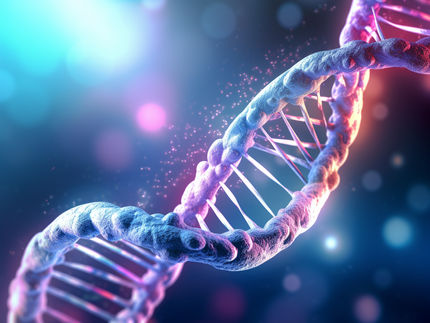Watermelon genome decoded
Decoded genome paves way for better watermelons
Sweeter and more disease-resistant watermelons just may be on their way, thanks to an international consortium of more than 60 scientists that has just published the genome sequence of watermelon (Citrullus lanatus). Such information could dramatically accelerate breeding to produce more nutritious, tastier and more resistant watermelon. The watermelon genome sequence was published in Nature Genetics.
The researchers, who work in the United States, China and Europe, discovered that a large portion of disease resistance genes were lost in the domestication of watermelon. With the high-quality watermelon sequence now complete, it is hoped that breeders may use the information to recover some of these natural defenses.
The authors reported that the genome of the domesticated watermelon contains 23,440 genes, roughly the same number of genes as in humans. The group compared the genomes of 20 watermelon varieties and developed a first-generation genetic variation map (HapMap) for watermelon. This information allowed them to identify genomic regions associated with fruit color, taste and size.
"Watermelons are an important cash crop and among the top five most consumed fresh fruits; however, cultivated watermelons have a very narrow genetic base, which presents a major bottleneck to its breeding," said Zhangjun Fei, a scientist at the Boyce Thompson Institute for Plant Research (BTI) on Cornell's campus and one of the project leaders.
Fei worked with BTI scientists, among others, on different aspects of the research: James Giovannoni to generate the gene expression data through RNA-sequencing and Lukas Mueller to provide additional analysis to confirm the quality of the genome assembly.
The genome sequences of the watermelon are publicly available at the Cucurbit Genomics Database, which is created and maintained by Fei's group.
Most read news

Get the analytics and lab tech industry in your inbox
By submitting this form you agree that LUMITOS AG will send you the newsletter(s) selected above by email. Your data will not be passed on to third parties. Your data will be stored and processed in accordance with our data protection regulations. LUMITOS may contact you by email for the purpose of advertising or market and opinion surveys. You can revoke your consent at any time without giving reasons to LUMITOS AG, Ernst-Augustin-Str. 2, 12489 Berlin, Germany or by e-mail at revoke@lumitos.com with effect for the future. In addition, each email contains a link to unsubscribe from the corresponding newsletter.























































